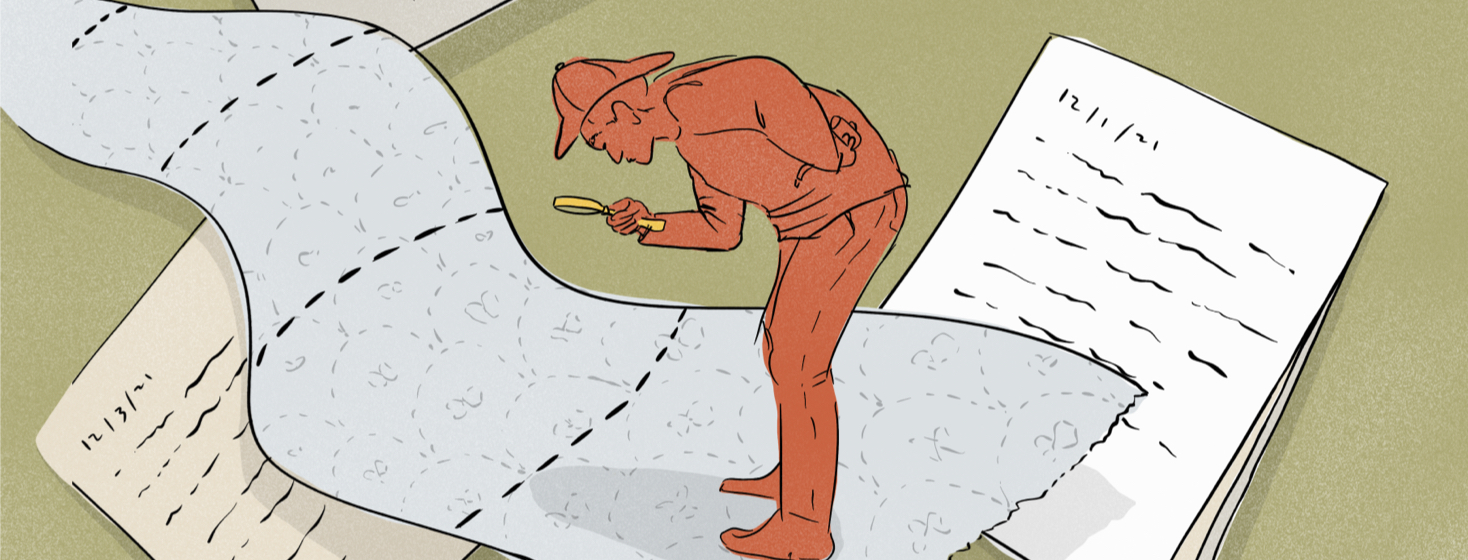What Chronic Diarrhea Means To Me
I’d like to start by saying I don’t make it a huge habit of talking about my bowels... although, as an IBD patient advocate, I guess that’s only partially true.
Here’s the thing I've noticed though. Every time I talk with my doctor, the first thing I'm asked as an IBD patient is, "How are your bowels?" And to be honest, I've been lucky enough to respond for a while now with, "Oh, they’re about the same."
We brush this off as generally a good thing and we continue our conversation to any new or worsening intestinal or extraintestinal symptoms or health changes of note.
But what we don’t talk about, the banter or discussion we blew past, it's perhaps one of the more telling signs of my life with Crohn’s disease.
Diarrhea is normal for me
"About the same" for me means chronic diarrhea.
My normal poop is diarrhea. It's not just "soft" or "unformed" per the many IBD-related medical forms I've been required to fill out – it's basically a version of pulp.
Two or 3 times a day. Sometimes it burns a bit, but it generally just is what it is.
Diarrhea is my baseline. This is my routine. This is how I know that, "I’m fine."
With 1 exception. When I get my Remicade infusion, I find 24 hours of deviation from this starting point. I usually have 1 or 2 bowel movements the day after my infusion, and they're usually much firmer than normal and sometimes even solid. Every single time I report this update to my husband because I find it both surprising and noteworthy.
The unpredictability of living with Crohn's
My life with daily diarrhea ties for me into the bigger picture of the unpredictability of living with IBD.
Even in remission, every single time I have a bowel movement, I think about it. I analyze it with my mind and my eyes. I go over the way my stomach feels before, during, and after the bowel movement.
I look to see if there is blood or mucus in the toilet before I flushed. I look at the toilet paper after I wipe for color and consistency. I notice how my rectum feels after I am finished.
Looking for red flags
The status of my poop and the lengthy list of detailed questions and observations listed above tells me so much about my gut health and my disease activity. It tells me when there are red flags and when I’m living on autopilot. It ensures that I take any corrective actions I may be able to if things start to veer off course.
But the thing is, I don’t love living with chronic diarrhea. It’s a constant reminder that, even in remission, I have Crohn’s disease. I am not, and never again will be "healthy."
Crohn's is always in the back of my mind
It requires some adaptations with regards to where and when I have to go, and it requires that I never lose focus on staying hydrated. But, most notably, chronic diarrhea leaves me some version of exhaustion, always.
What is your baseline poop like? Do you think about it in the same ways that I do? If you have adapted to chronic diarrhea, what does that look like for your daily life?

Join the conversation